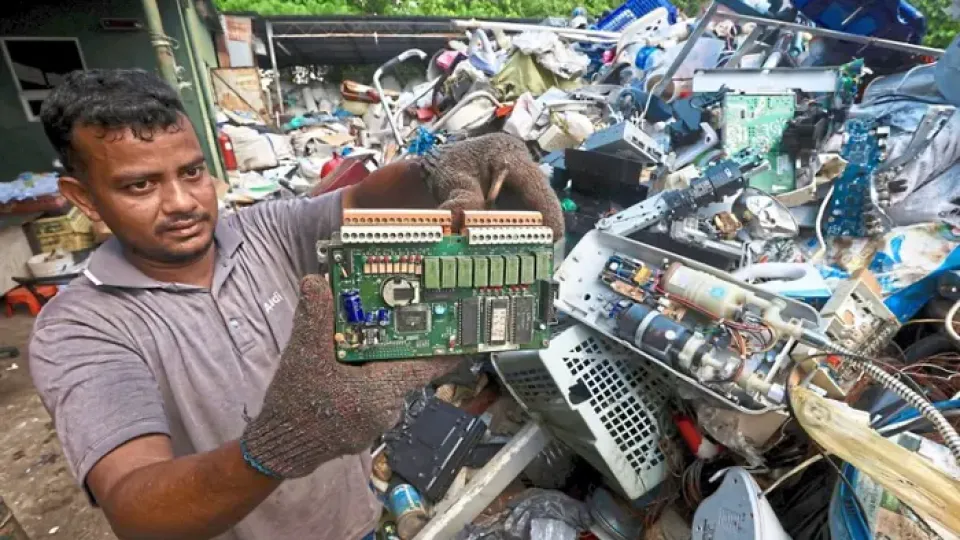May 9, 2025
GEORGE TOWN – Electronic waste (e-waste) has reared its ugly head again with the Department of Environment (DoE) sounding the alarm bell over the need to manage the increasing units of electronics being discarded year after year.
Malaysia generated 24.5 million units of e-waste so far this year which is already higher than the 23.8 million units recorded in 2024 and 22.7 million in 2023, according to the DoE.
Most of the discarded items were mobile phones followed by personal computers.
According to the DoE, e-waste is defined as broken, non-functioning or obsolete electronic appliances including television sets, computers, air-conditioner products, washing machines and refrigerators.
In Malaysia, it is generally divided into two main categories, according to its generation sources, which are industrial and household sectors.
ALSO READ: Make it a habit to tackle e-waste
Toxic materials such as mercury, lead, cadmium, arsenic, bromine, beryllium are at risk of being leached into the environment and water sources threatening the aquatic and human lives if the e-waste it is not disposed of or managed properly.
To ensure sustainable management, the public should dispose of the e-waste at registered collectors or licensed recovery facilities.
“They should send their household e-waste to any registered collection centres or recovery facilities licensed by the DoE,” the department said in its website.
It also contains precious metals such as gold, copper, palladium and silver which has high recycling value.
In Penang, state environment committee chairman Datuk Seri Sundarajoo Somu said studies indicated that despite public awareness, actual recycling practices were hindered by limited infrastructure and enforcement.
“Incidents like the discovery of over 20 tonnes of illegally imported e-waste in Penang in 2022 highlight the ongoing issues of illegal dumping and e-waste import issues in Malaysia.
“The Penang Green Council (PGC) has an online directory to profile community and business initiatives that promote e-waste reduction.
“A total of 105 collection points and recycling centres have been identified. Some of them are community centres while others are well-established factories and businesses,” he said.
There are 42 centres on the Penang island – 11 in the southwest district and 31 in the northeast district.
“On the mainland there are 13 in south Seberang Perai, 33 in central Seberang Perai and 17 in north Seberang Perai,” he said.
In 2022, PGC introduced Trash-Free Penang to encourage local communities to segregate waste in line with the waste segregation at source policy.
“Through this programme we assist the local community and schools to set up a recycling station at the community area or school compound. E-waste is collected under this programme.”

